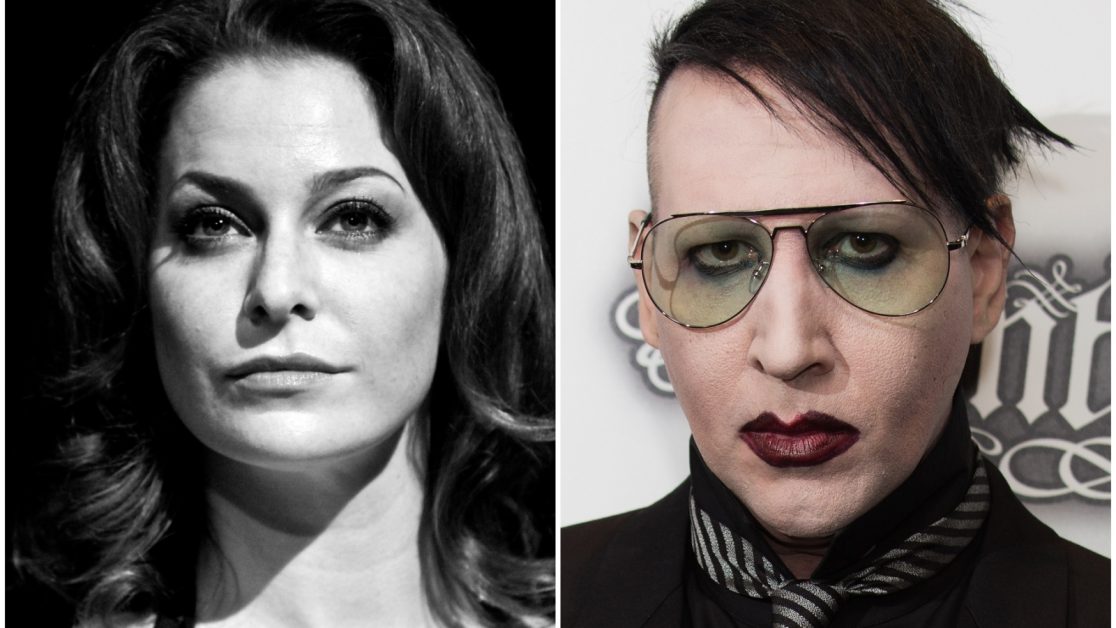As China Juggles Russia Ties, EU Skeptical Of Beijing’s Charm Offensive
Written by on January 25, 2023
In a shift that has been gathering steam since late last year, China is aiming to improve relations with the West and particularly its ties with Europe, which have been hurt by Beijing’s support for Russia throughout its invasion of Ukraine.
But the Chinese charm offensive — part of a diplomatic push that seeks to move away from the aggressive “wolf warrior” rhetoric of recent years and offer promises of enhanced economic cooperation to repair relations — is being met skeptically in Brussels, according to European Union officials who spoke to RFE/RL.
This newfound push began late last year with German Chancellor Olaf Scholz traveling to Beijing and Chinese leader Xi Jinping offering a message of cooperation at the G20 summit in Bali, Indonesia. Since then, Chinese diplomats have stepped up their work, with increased outreach to investors and governments at forums like the annual gathering of political and business elites in Davos, Switzerland, and a potential visit to Brussels in February by Wang Yi, the former Chinese foreign minister who was recently promoted to oversee foreign affairs on the 24-person Politburo, the Communist Party’s ruling body.
Chinese officials have also sought to signal distrust with Moscow and express veiled criticism over its invasion of Ukraine recently, with one senior official telling the Financial Times earlier this month that Russian President Vladimir Putin was “crazy.”
The course correction will influence the future direction of one of the world’s largest trade relationships, which could have far-reaching repercussions for Europe, Asia, and how closely Brussels aligns itself with Washington’s increasingly tough China policy. With the stakes high, EU officials say they are closely watching the Chinese outreach but remain suspicious of any attempts to signal daylight between it and Russia.
“I don’t see a revolutionary change,” an EU official who asked to remain anonymous in order to speak to the media told RFE/RL, adding that China’s outreach so far seemed to lack substance and may be more rhetorical.
“I think China needs to rehabilitate itself a bit first,” said another EU official in reference to the Chinese initiatives in recent years that led to a downturn in relations with the bloc.
A Charm Offensive
Beijing faces an uphill battle in repairing its image in Brussels.
China and the EU have sparred over issues like Beijing’s military posturing in Taiwan, economic espionage, and well-documented human rights abuses against Uyghurs and other mostly Muslim minorities in Xinjiang. But China’s backing of Russia in its war against Ukraine has hardened a foreign-policy shift that was already under way within the 27-country bloc.
In February 2022, just weeks before the invasion, Xi and Putin declared a “no limits” partnership between their two countries. Amid the war, Beijing has sought to portray itself as neutral but still provided diplomatic support for Moscow. It has also aimed to boost trade with its partner while still observing Western sanctions against Russia.
EU officials say they don’t view Beijing’s outreach as a broader foreign-policy reset, but rather as part of a drive for “normalization” after years of heightened tensions and international isolation for China and its officials due to the pandemic.
“China’s charm offensive may find less fertile ground in the EU than in the past,” Francesca Ghiretti, an analyst at the Berlin-based think tank MERICS, told RFE/RL. “But after so many years of limited contact, there is a strong appetite to have exchanges and engage with China.”
Beijing seems to have picked up on this fact. Wang’s European tour — which was first reported by Politico — is hoping to capitalize on a desire to return to calm and entice European leaders with economic opportunities in a newly reopened China.
Similar rhetoric was seen from Chinese Vice Premier Liu He at the World Economic Forum in Davos on January 21, where he pitched a more conciliatory Beijing that not only “must open up wider” but also must make itself “work harder” to expand trade ties.
Beijing is also looking to quell unease by reaching out to Washington. U.S. Secretary of State Antony Blinken is expected to travel to China in early February, and Liu recently met with U.S. Treasury Secretary Janet Yellen in Switzerland, where she was also invited to visit China.
But perhaps China’s strongest card to play is its complex relationship with Russia.
Throughout the war, Beijing has dangled its ability to use its warm ties with the Kremlin as a potential peacemaker and as an avenue to restrain Putin’s implied threats to use nuclear weapons in Ukraine.
In an article for the Financial Times, multiple senior Chinese officials — speaking anonymously — sought to highlight that the benefits of the relationship with Russia are being reevaluated in Beijing and that China did not know in advance about Putin’s invasion plans.
The same officials also added that they believe Russia will not succeed in achieving its war aims in Ukraine and will be left as a “minor power” on the global stage as a result of the grinding conflict.
Another sign of potential reassessment is the demotion of Le Yucheng. Until June, Le was a deputy foreign minister and the ministry’s leading Russia hand who also surfaced in rumors as Wang’s potential successor as foreign minister. However, he has since been reshuffled as deputy head of the National Radio and Television Administration.
Finding A New Normal
Andrew Small, a senior fellow at the German Marshall Fund in Berlin and the author of No Limits: The Inside Story Of China’s War With The West, says that while Beijing is eager to reach out to repair its relationship with Europe, it so far hasn’t offered up much in return.
“They see that they get credit for doing modest things that don’t hurt their bilateral ties but still convince some in the West that there is room to maneuver with Moscow when there likely isn’t,” Small told RFE/RL in reference to statements made by Xi with Scholz during their November 2022 summit, where the Chinese leader condemned the use of nuclear weapons.
“Those comments about nuclear weapons have been standard Chinese policy for years,” Small said. “There is no indication that China wants to do anything of substance that will put pressure on Russia.”
Small adds that Beijing today finds itself in a much weaker position than even a year ago, with less confidence in its economic outlook, internal questions over its handling of COVID-19, and doubts over whether its relationship with Russia is the strategic prize China’s leadership once thought it was.
Still, the EU has stated in the past that it has a multifaceted view of China, seeing it as a rival but also sometimes a partner, which leaves the door open to future engagement.
China is also hoping that its charm offensive will resonate among Europe’s business community, which is still enthralled by economic opportunities in the Chinese market.
But Beijing’s ultimate prize could be resuming a now-frozen investment treaty between China and the EU that was sidelined in 2021 due to Beijing blacklisting a group of European lawmakers, experts, and diplomats over the bloc’s sanctioning of four Chinese officials for rights violations in Xinjiang.
Reviving the trade pact would require China lifting its sanctions, which would be a goodwill gesture that could lower the guard of European officials. But Beijing has so far been unwilling to do this unless the EU follows suit, an unlikely and lengthy process given that the bloc’s sanctions can’t be lifted without proof of improvement in the human rights situation in Xinjiang.
“China is in a more fragile position now than it planned, but there still isn’t much to show that they’re willing to make any concessions or do something of substance to change minds,” Small said. “At the moment, it just looks like their pitch is a less obnoxious form of diplomacy.”
watch avatar the way of water full movie
watch avatar the way of water full movie
watch avatar the way of water full movie








